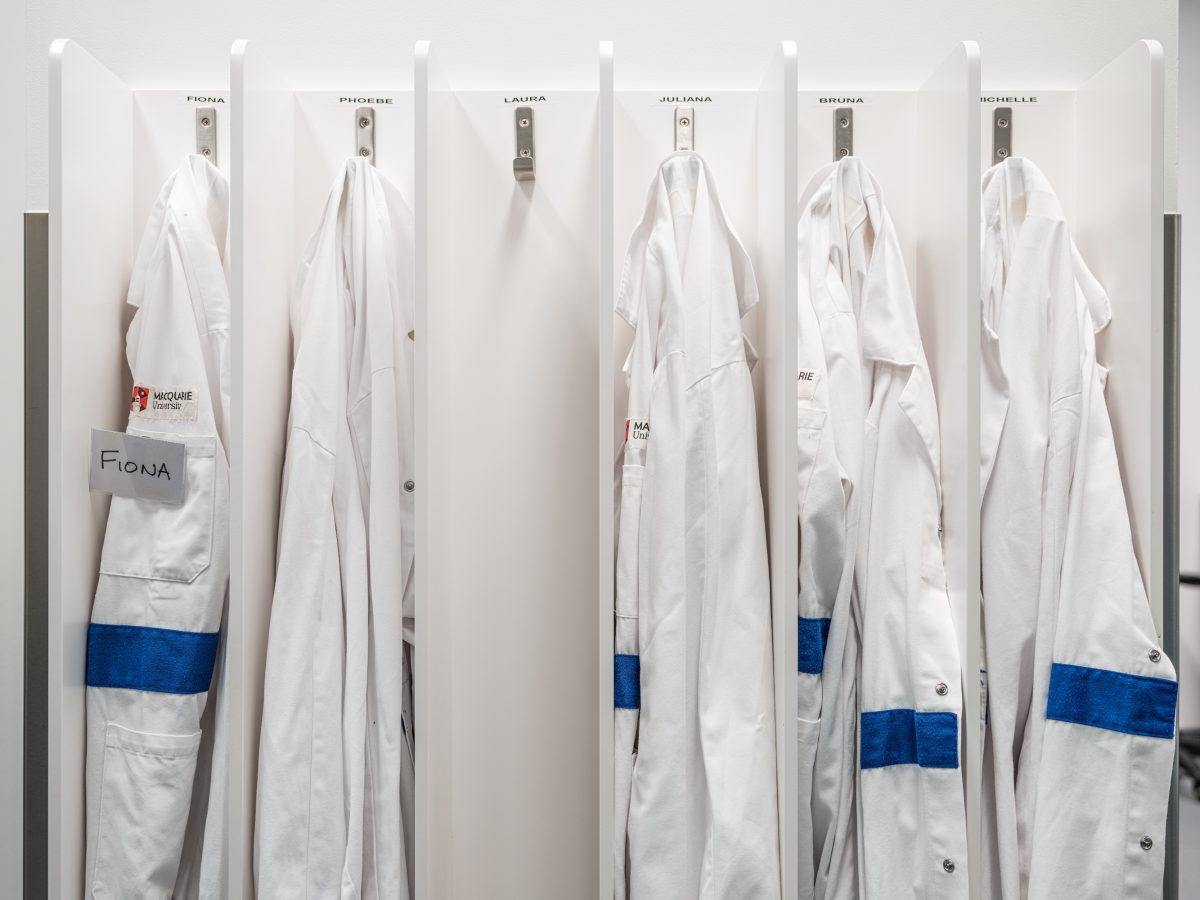Construction disrupted at FCON23
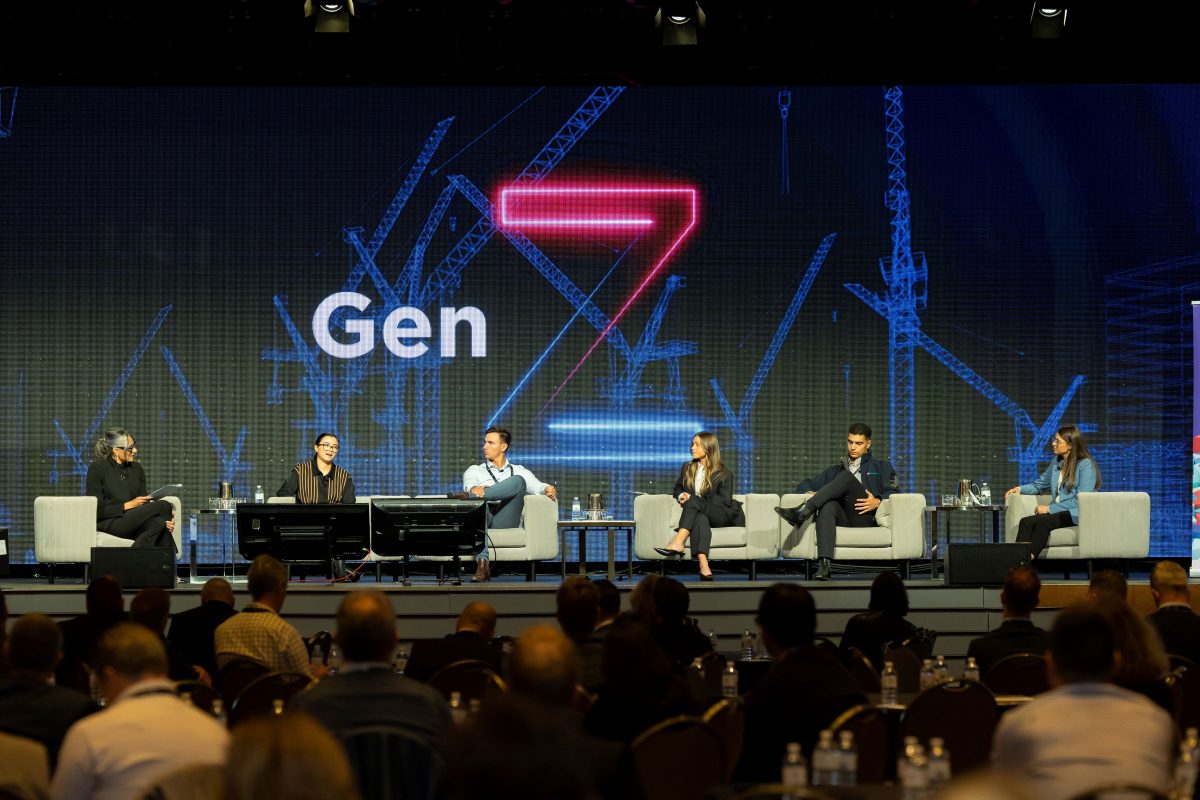
“Our biggest risk is to do nothing…we need radical change…anything is possible,” said Australian Contractors Association President, Annabel Crookes, opening this year’s Future of Construction Summit (FCON) held in Melbourne for the first time.
Under the theme of Construction Disrupted, the two-day, jam-packed conference brought together over 700 people from across all aspects of the industry to discuss, debate and ideate the big issues around productivity, culture, sustainability, diversity and innovation. Built panellists played a key role in the discussion, providing insights and examples of the new way forward for the industry:
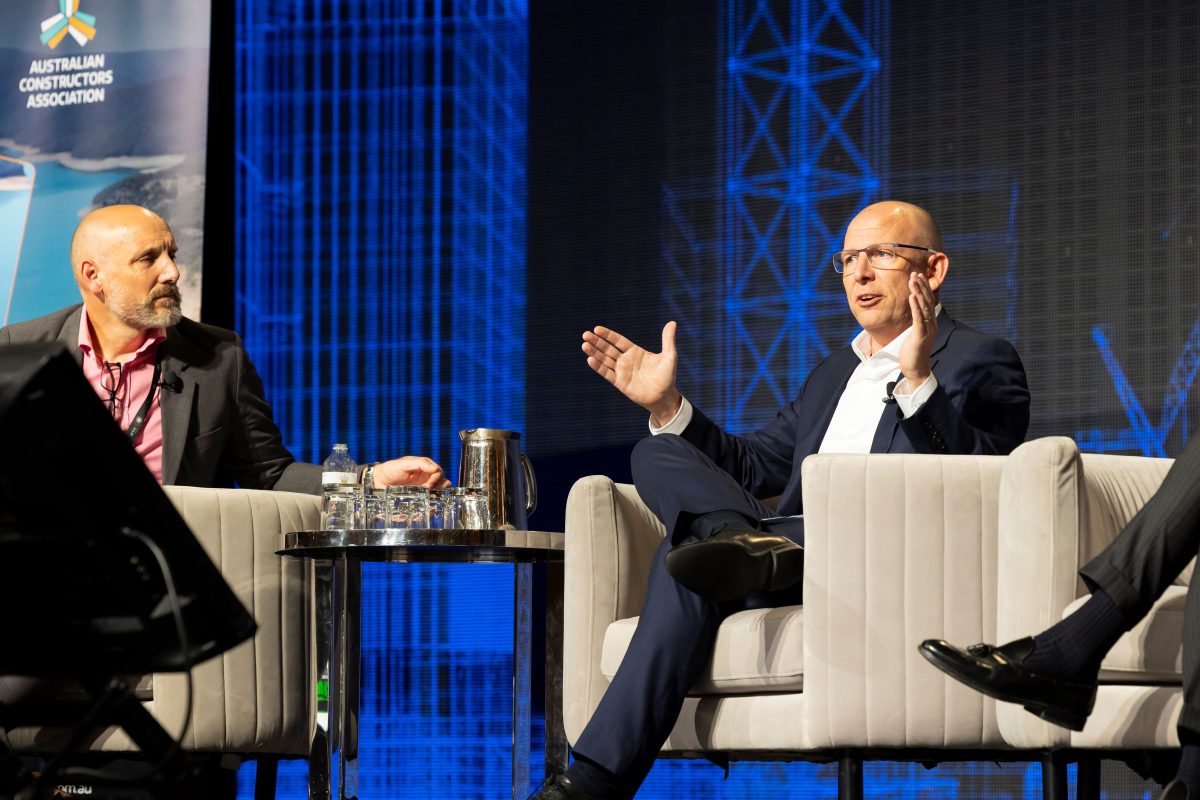
If not now, then when for Net Zero?
The panel tackling “how do we achieve net zero in 10 years?” at FCON23 talked not only about how far we’ve come in achieving net zero in operational carbon, but the work needed ahead to reach true net zero, including addressing upfront carbon in construction through materials, legislation and consistent measurement.
Built CEO and Managing Director Brett Mason said while Built was already advanced in building nine operational net zero buildings, and there was a “well-trodden path” to manage scope one and two emissions, achieving full net zero in how buildings are constructed would take more than 10 years and require carrots (incentives), sticks (penalties) and tambourines (community action).
“[To be prepared for net zero in] 10 years’ time is right now in construction, so we’re not ready. We can do it with offsets but that’s not what we want to do. The tipping point is now, we’re moving from doing the ‘nice to do’ stuff to financial imperatives and contractual requirements,” he said.
“There’s carrots and sticks everywhere, but it’s the tambourine that is really powerful because the community wants sustainable outcomes, they want to know what we’re doing about sustainability on our projects.”
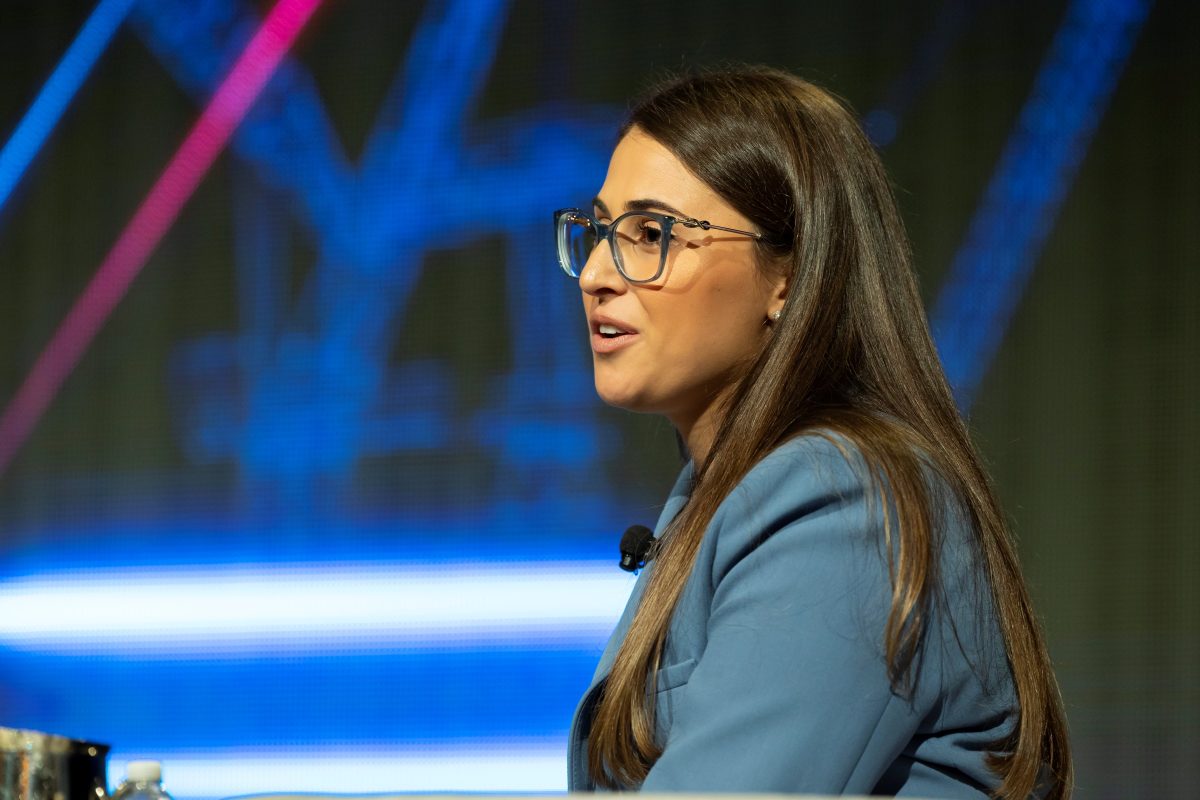
Talking about my generation
For the first time this year’s FCON asked Gen Z -who will have the biggest influence on the future of construction – their thoughts. Built Site Supervisor Taylor Gileno and some of her contemporaries addressed fresh perspectives on the industries challenges including multigenerational workforces, mental health, flexible working, diversity and attracting the next generation to join the industry.
Taylor talked about her own experience working in a multigenerational team and the importance of mentoring on site, which helped her find a career path towards becoming a Site Supervisor.
“Multigenerational project teams create a fabulous mentorship when paired with the right individuals…onsite experience and knowledge are timeless, so we want to ensure we have these multigenerational project teams to share and learn from these experiences,” she said.
On the topic of changing culture, Taylor was passionate about creating more flexibility though job sharing and part time opportunities, citing Built’s recent example of setting up a job sharing arrangement for two female construction workers returning to the workforce after parental leave.
“It’s examples like this that promote how anything is possible with the right support from an employer and individuals who are eager to continue working in the construction industry while still being able to care for their families.”
You can hear more about Taylor’s journey and views on the construction industry here.
Digital disruption in reality
You can’t talk about disrupting the future without talking about innovation and technology and the panel sharing the application of technology on Australian projects covered the need for greater R&D investment, standardisation, absolute productivity and question marks over AI’s role in the industry.
Speaking on Built’s real life experience of deploying digital engineering on health sector projects, Monica Fontaine, National Health Sector Lead, Southern Region said all her teams have access to a cloud-based model and work under the mantra of “a model in every meeting” to work through the job.
“We’re throwing our spreadsheets out and trying to get everything in that live [digital] environment and what it’s doing is generating these amazing dashboards for our team to manage our projects,” she said.
“We’re seeing a reduction in RFIs (requests for information), an increase in first time approvals for shop drawings and huge reduction in waste, so for efficiency – it’s a tick tick tick.”
Monica also talked about Built’s successful use of virtual reality prototyping in the health sector for user sign off, which has saved money, fast-tracked construction and now is being applied to commercial leasing.
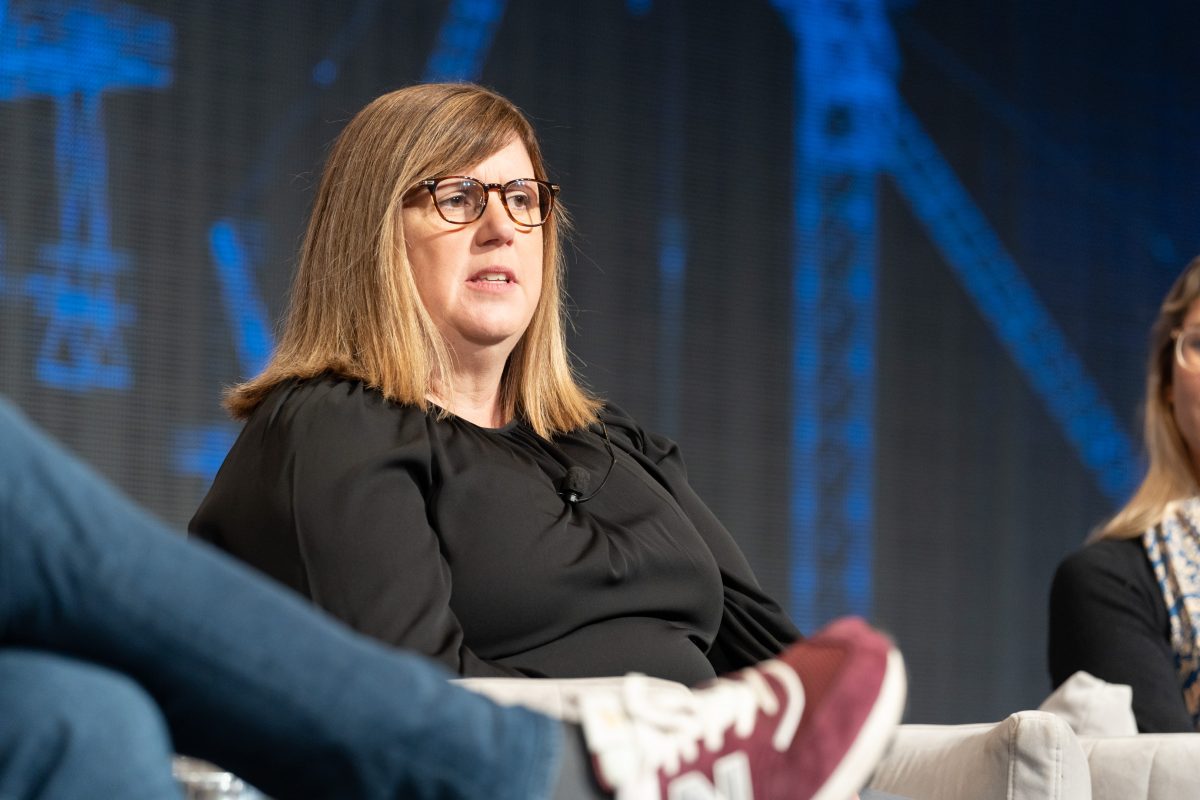
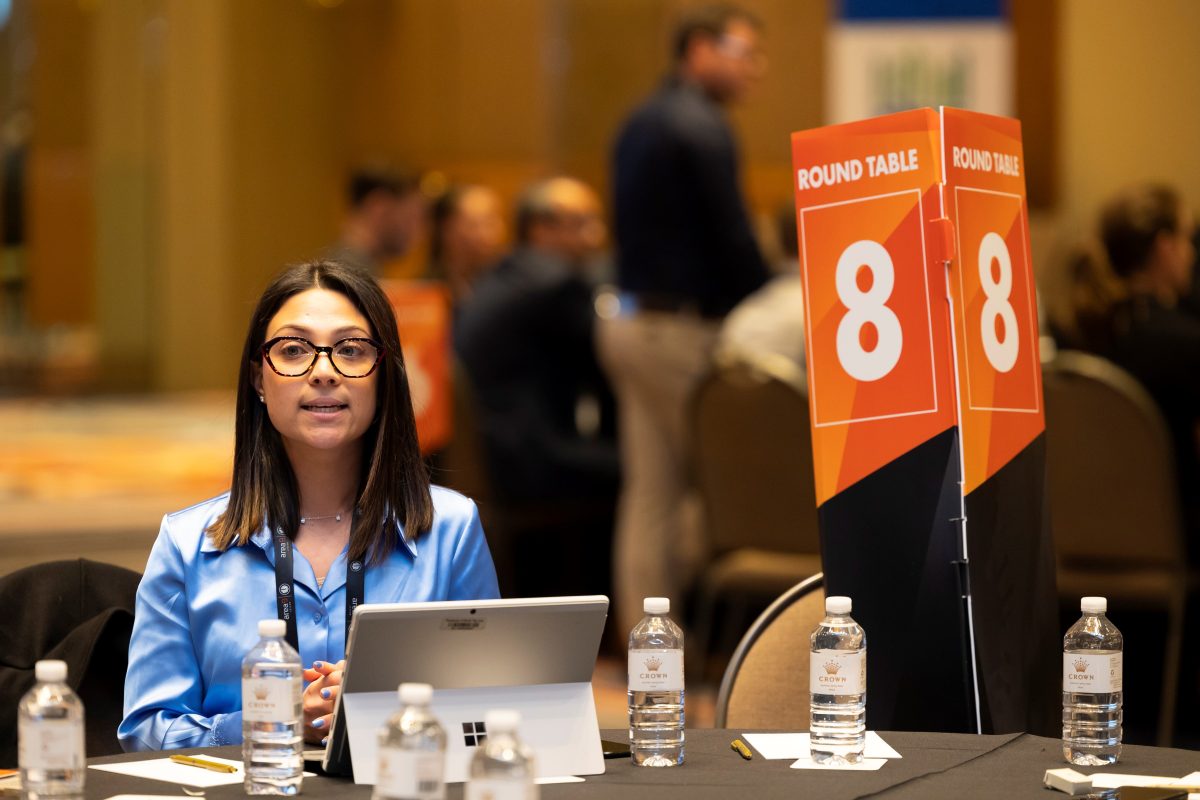
Decarbonisation through Circular Economy
Haneen Jaber, Sustainability & Social Impact Coordinator led one of 14 industry roundtables covering a wide range of topics. Hannen’s table focused on how construction can transition to a Circular Economy.
“Circular Economy represents 40% of decarbonisation, so the two are intertwined,” she said.
“It’s more than just recycling. We talk about the 10Rs and recycling is down the bottom of that value chain. At the top is refuse, for example, do we need to take virgin materials from the earth or do we actually need to knock down? Can we refurbish or reuse an existing building?”
A lively discussion raised more interesting questions on what circular means and how a whole ecosystem approach is needed. As Haneen concluded, it’s not “one big idea” to enable it but “thousands of little ideas”.
Built has released a report on Demystifying the Circular Economy where you can learn more.
Thanks to the Australian Contractors Association (ACA) and Future Place for hosting this year’s FCON23 and inviting us to participate. For more information and coverage of the event visit ACA’s LinkedIn page.
